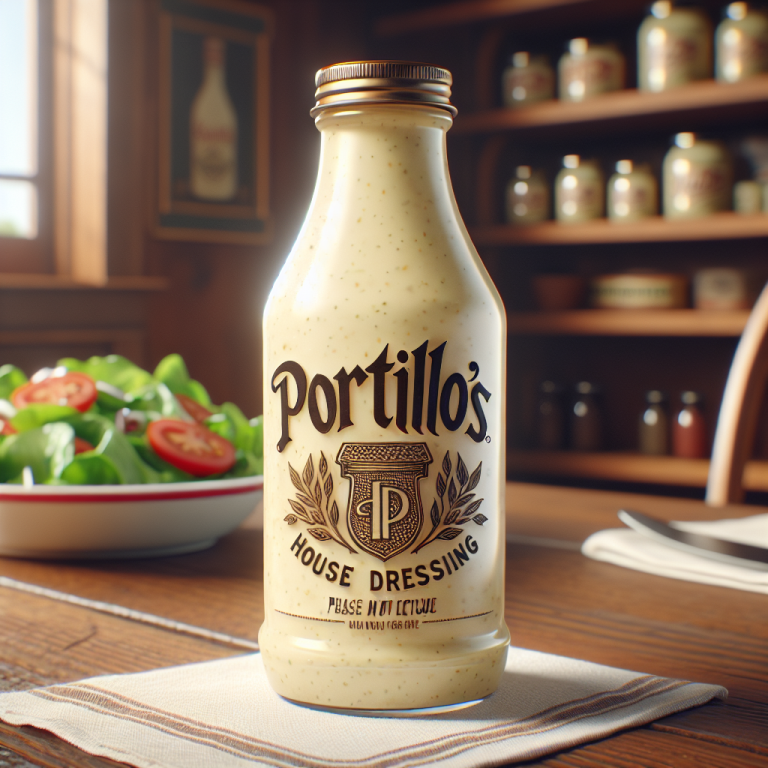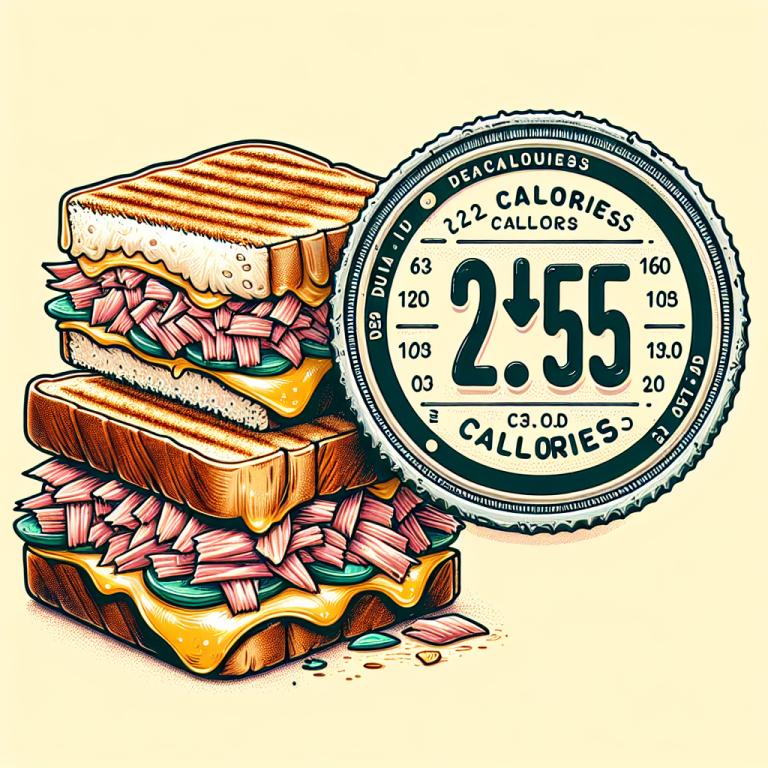McDonaldʼs Calories Mcdonaldʼs Large Fry
McDonald’s large fries are a beloved side dish, famous for their crispy texture and savory taste. Whether you’re grabbing a quick bite on the go or adding a side to your meal, understanding the nutritional content of these fries is crucial. With high carbohydrate content and moderate fat, they provide a quick energy boost. However,…
McDonald’s large fries are a beloved side dish, famous for their crispy texture and savory taste. Whether you’re grabbing a quick bite on the go or adding a side to your meal, understanding the nutritional content of these fries is crucial. With high carbohydrate content and moderate fat, they provide a quick energy boost. However, it’s essential to balance them with other foods to maintain a healthy diet. This article delves into the nutritional details, serving sizes, and health implications of McDonald’s large fries.
Nutrition Facts
Serving Size 1 large fry (154g)
Amount Per Serving
Calories
510
| Total Fat | 24 g | 37% |
| Saturated Fat | 3.5 g | 18% |
| Trans Fat | 0 g | 0% |
| Cholesterol | 0 mg | 0% |
| Sodium | 350 mg | 15% |
| Total Carbohydrate | 67 g | 24% |
| Dietary Fiber | 6 g | 24% |
| Total Sugars | 0 g | 0% |
| Protein | 7 g | 14% |
| Vitamin D | – | 0% |
| Calcium | 20 mg | 2% |
| Iron | 1.5 mg | 8% |
| Potassium | 970 mg | 28% |
* The % Daily Value (DV) tells you how much a nutrient in a serving of food contributes to a daily diet.
2,000 calories a day is used for general nutrition advice.
Nutrient Distribution
Calorie Burn Time
How long would it take to burn off total calories from 100g of McDonald’s large fries?
FAQs
Final Words
McDonald’s large fries offer a satisfying taste and quick energy boost, thanks to their carbohydrate-rich composition. While they are a delicious treat, it’s essential to enjoy them in moderation as part of a balanced diet. Combining them with nutrient-dense foods can help manage calorie intake and maintain overall health. Always consider the nutritional content and balance it with other meal components for a healthier lifestyle.






